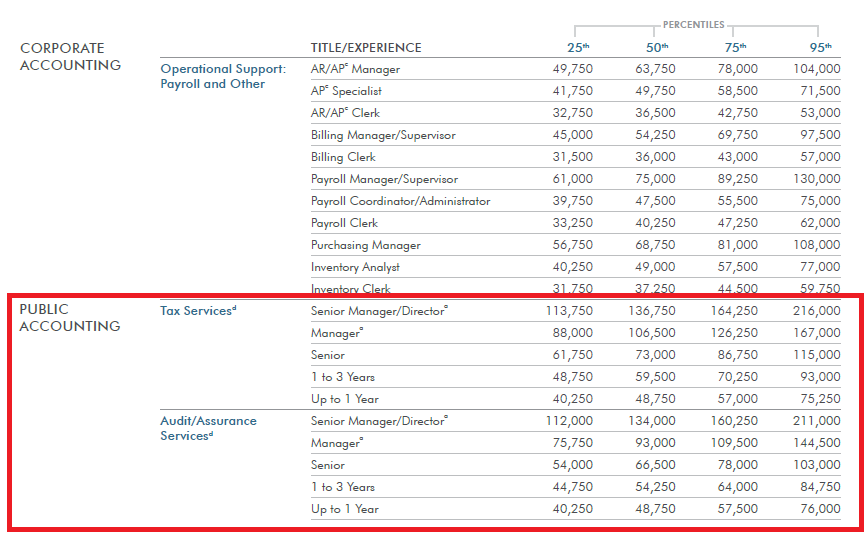
It is a lucrative career option to work in business intelligence consulting. This career requires a great deal of clarity and organization, and it is a natural fit for the burgeoning demand for business intelligence. BI consultants support organizations in achieving their goals. They collaborate with groups to analyze data, make forecasts, and work with them. They also collaborate with groups to help them understand patterns and respond quickly to information.
The lucrative career of a business intelligence consultant is an option
Business intelligence consulting has a lot of potential and is growing in demand. BI consultants are vital in helping organizations make better decision through the use data. They must be technically skilled, have excellent communication skills, and be able to clearly present findings to company decision makers. They must also have the ability to find new ways of accessing data and to analyze it in meaningful, innovative ways.
The amount of data available to companies is increasing exponentially, and BI consultants are in demand. BI consultants aid organisations to use data to make business decisions that affect their bottom line. They often work with managers and executives to create strategic plans. This requires the use analytical software and tools to help managers make data-driven decision.

An average annual salary for a BI consultant is EUR 33k to EUR 35k. The pay can vary depending on where you live and your experience. Your salary will rise depending on your level of experience. There will be a greater demand in certain geographic areas for BI consultants than elsewhere.
It requires organization and clarity
Consulting in business intelligence is a valuable skill that requires both statistical and analytical expertise. This type of consulting requires a bachelor's degree along with several years of experience working in a related field. If you are interested in this career, you might also consider an MBA or Master of Science degree in Business Analytics. It is also beneficial to have certifications in SAS and SAP.
It is a natural fit to meet the demand for business insight
Computer science background is a must for those looking to become business intelligence consultants. These professionals often have a bachelor's in computer science and have worked in an IT department or in business offices before they move into consulting. As a result, they often have extensive experience using data analytics and advanced analytics.
Businesses of all sizes and sectors seek the services of data analysts to monitor key performance indicators such as overall sales and workforce productivity. They also seek out problems and provide recommendations to improve efficiency. Amnesty International, for instance, turned to data analytics when creating a global reporting structure. This allowed Amnesty International to track its goods and manage its global finances more easily.

Consulting in business intelligence helps organizations unlock the potential of data science and translate it into actionable information. Data analytics tools are not enough. They have to be designed to maximize the value of an organization's data. An expert consultant can help companies develop a data strategy, and create a powerful BI solution.
FAQ
How is consulting different to freelancing
Freelancers, who are self-employed and provide services to clients without the need for employees, are independent contractors. They generally charge an hourly rate depending on how long they spend on a client project. Consultants are usually employed by companies or agencies. They are often paid monthly or annually.
Freelancers tend to have more flexibility than consultants because they control their work hours and set their own prices. However, consultants often have better benefits, such as health insurance, vacation days, sick leave, retirement plans, etc.
What are the benefits of being a consultant
Consultants are able to pick when and where they want to work.
This allows you to work wherever and whenever you want.
You also have the freedom to change your mind at any time without fearing losing your money.
You can finally control your income and create your own schedule.
What is a consultant and what are their responsibilities?
Consultants provide services for others. It's not just a job title; it's a role where you help others achieve what they want from life. Helping others to understand their options, and then helping them make the best decisions.
Consultants are experts in finding solutions to the problems and challenges that arise while working on projects. Consultants can also offer advice and guidance regarding how to implement these solutions.
Consulting should be able address questions related to law, finance and technology.
Statistics
- According to IBISWorld, revenues in the consulting industry will exceed $261 billion in 2020. (nerdwallet.com)
- So, if you help your clients increase their sales by 33%, then use a word like “revolution” instead of “increase.” (consultingsuccess.com)
- Over 50% of consultants get their first consulting client through a referral from their network. (consultingsuccess.com)
- 67% of consultants start their consulting businesses after quitting their jobs, while 33% start while they're still at their jobs. (consultingsuccess.com)
- "From there, I told them my rates were going up 25%, this is the new hourly rate, and every single one of them said 'done, fine.' (nerdwallet.com)
External Links
How To
What Does A Typical Day For A Consultant Look Like?
Depending on what type of work you do, your typical day may vary. But generally speaking, you will spend time researching and planning new ideas, meeting clients, and preparing reports.
Clients will often meet with you to discuss their problems. These meetings can be done over the phone or via email.
Also, proposals are documents that outline your ideas or plans for clients. You'll need to discuss your proposals with a mentor, colleague, or friend before you present them.
After all the preparation and planning, it's time to actually create some content. Writing articles, designing websites, editing photos or conducting interviews are just some of the options.
You may need to conduct research depending on the scope of your project to find relevant statistics and figures. This could include finding out how many customers your company has and whether they purchase more than one product.
Once you have enough information, it is time to present your findings and conclusions to clients. You can either present your findings in writing or orally.
After your initial consultation, you should follow up with your clients. For example, you could call your clients periodically to check how things are going. Or send them emails asking them to confirm they have received the proposal.
Although it takes time, this process is worth it. It's also important to keep your eyes on the prize and maintain good relations with clients.